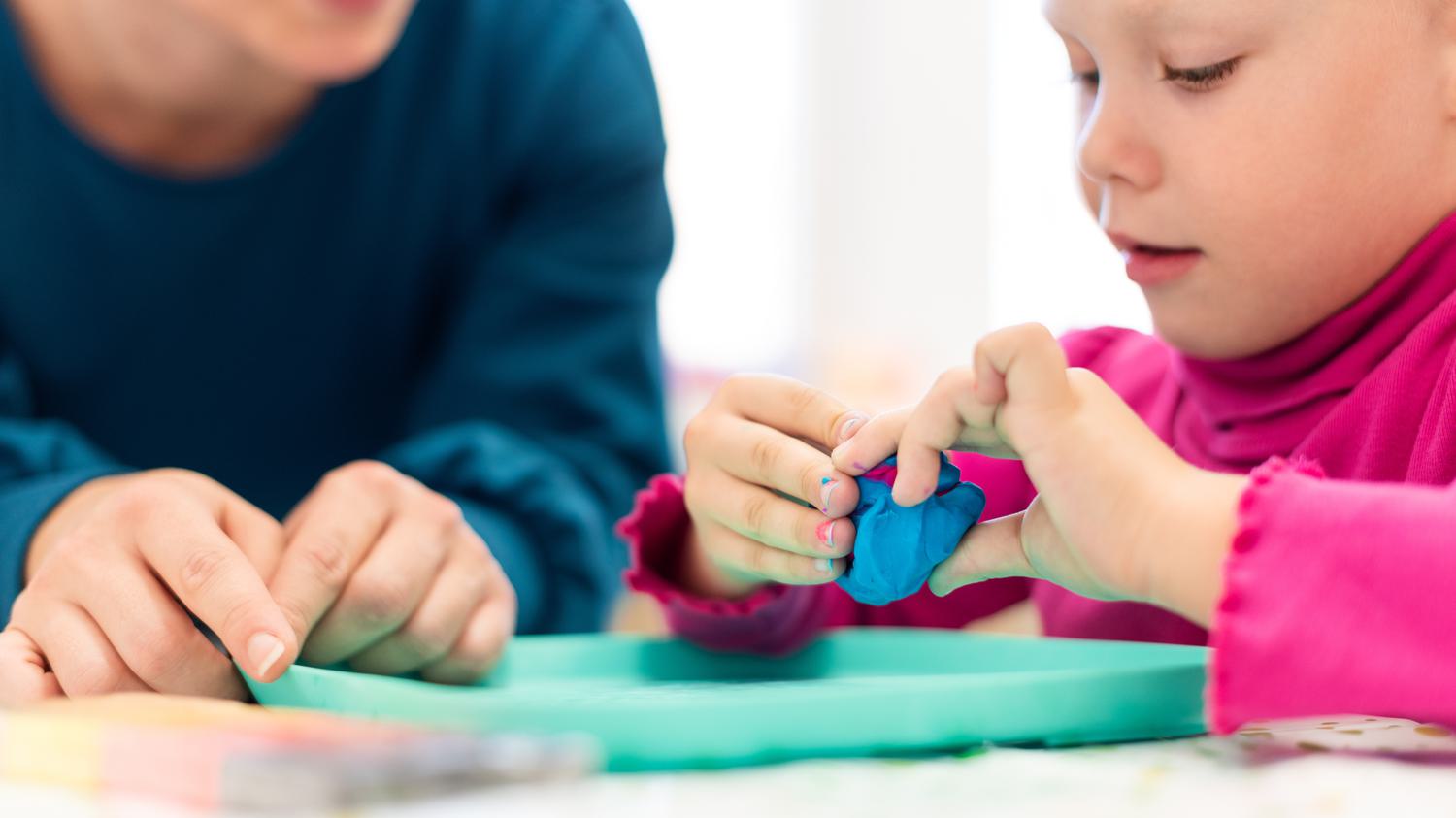Occupational Therapists help people of all ages who have physical, sensory, or cognitive problems. This form of therapy can help them regain independence in all areas of their lives and often helps with barriers that affect a person’s emotional, social, and physical needs.
Many people have heard the term Occupational Therapy (OT), however few really know the extent of how an Occupational Therapist can help you or your child. Occupational Therapists work with people in all stages of life, from infants to the elderly. The goal of Occupational Therapy is to empower clients to have the ability and skills necessary to participate in meaningful and purposeful activities throughout their lives.
When working with children, the role of an Occupational Therapist is often to ensure that the child is able to learn, grow and develop the skills necessary to have a balanced childhood and mature into a resilient adult. Developmental Paediatric Occupational Therapists often work with children who have Global Developmental Delays, Autism Spectrum Disorder, ADD/ADHD, Sensory Processing Differences, Down Syndrome and other Genetic Disorders, anxiety, social/emotional delays, fine motor delays, gross motor delays and other challenges. Occupational Therapists can also work with adults, particularly those who are suffering from neurological conditions.
Occupational Therapists also often help adults with managing symptoms of a variety of different conditions through support, pain management, healthy lifestyle strategies and more. Adults also may need help especially with improving their range of motion, boosting their memory and cognitive skills and coping with chronic pain — these are just a few of the things Occupational Therapists can help adults with.
Outlined below are areas Developmental Paediatric Occupational Therapists are able to assess and help provide intervention for through the ages:
Birth to Two Years:
- Gross/Fine Motor development
- Play and social development skills
- Consulting with parents about feeding skills, sleep and other self-help skills
- Sensory system development
Two to Five Years:
- Self-help development and milestones (e.g., sleep, eating, toilet training, dressing, hygiene routines)
- Gross Motor Skills (e.g., Walking, running, jumping, ball skills, balance, coordination etc.)
- Fine Motor Skills (e.g., pre-printing skills, pencil grasp, colouring and imitation skills)
- Sensory Processing Challenges (e.g., Over-sensitive to touch/sound or sensory seeking patterns for movement and challenges staying still)
- Play Skills – Play and exposure to toys and people games, peer interactions, socialization, attending to others, initiating play appropriately, tuning into the environment
Five to Ten Years:
- Self-help development and milestones (e.g., sleep, independence in daily skills, expanding food repertoire, participating in home routines such as making snack, helping with dishes)
- Gross Motor Skills (Bike riding, skills for team sports, coordination, etc.)
- Fine Motor Skills (printing/cursive writing – letter formation, spacing, speed, key boarding, shoe tying, fastening buttons)
- Executive functioning skills (e.g., ability to attend to tasks, sequencing, memory, flexible thinking)
- Sensory Processing and Emotional Regulation challenges (e.g., how to tune into body needs and feelings)
- Play Skills – Social interactions skills, imaginative play skills, sharing ideas, expanding leisure and interests
Eleven to Eighteen Years:
- Self-help development (e.g., hygiene skills related to puberty)
- Pre-Vocational skills and community integration skills
- Executive functioning skills (e.g., attention, sequencing, working memory, flexible thinking)
- Sensory and emotional regulation skills
- Expanding leisure and interest activities
In Grand Cayman, Occupational Therapists can be accessed through government and private clinics. Occupational Therapy is a regulated profession under the Health Practice Commission, and Occupational Therapists on-Island have studied from around the world. If parents have concerns about their child’s development, they can talk to their child’s paediatrician or contact private clinics or government services directly for more information. Overall, Developmental Paediatric Occupational Therapists work with children, families and educators to ensure that kids have the skills they need to be kids, and have the capacity to grow, learn and develop into independent adults.
See below for a list of Cayman’s dedicated occupational therapists:





